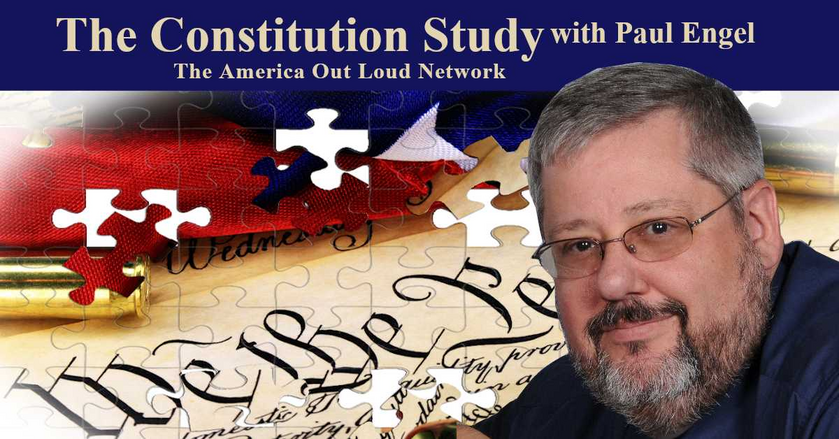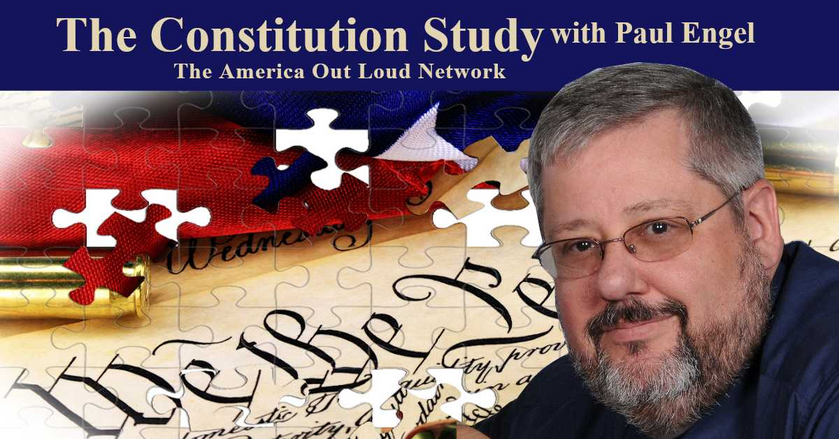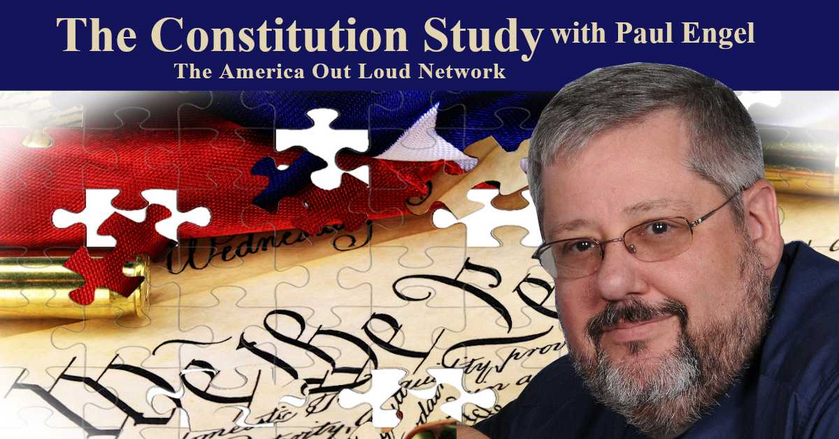
It amazes me how often people put their blind faith in those who work for the government. Want someone to oversee those “evil corporations,” we look toward government. Need someone to verify the integrity of something, why government is the answer. Need some watchdog, and everyone expects government to do it. And no matter how many times they make a complete mess of things, we keep going back like a dog returning to its vomit.
It’s almost as if we believe that a government ID or paycheck makes someone a saint, unable to make a mistake or be corrupted. Take an honest look, and you’ll find some of the most corrupt and inept policies coming out of government. People complain about the “evil corporations,” but we forget that government is merely another sort of corporation, a public one rather than a private one. And just like those corporations that so many like to vilify, the government is made up of people. As Ronald Reagan said, “Government is not the solution to our problem; government is the problem.”
The Constitution Study with Paul Engel on America Out Loud Talk Radio can be heard weekdays at 4 pm ET. Listen on iHeart Radio, our world-class media player, or our free apps on Apple, Android, or Alexa. Listen to other episodes of The Constitution Study, available on podcast.
https://www.americaoutloud.com/the-fox-guarding-the-hen-house/
Who is in charge of your children? That has been a perennial question that has grown in importance over the last few years. When I was a child, it was understood that, with rare exceptions, parents were in charge of a child’s upbringing. This included medical, religious, and educational decisions. However, over the last few decades, the role of the parent in these decisions has been replaced by experts. What happens when the goal of the experts differs from those of the parents? Who decides the future of the rising generations? It was understood that the state acted in loco parentis, in place of the parents, only for the safety of the child. A recent case in U.S. District Court shows that be it health departments, child services, schools, or even the courts. Government not only believes they know better than the parents, they are more than willing to act in loco parentis tyrannis.
https://constitutionstudy.com/?p=8897
With the release of ChatGPT and other artificial intelligence (AI) applications, there has been a lot of speculation and downright assertions about our future. With over 30 years of experience in Information Technology (IT), not more than a passing understanding of AIs, I've come to the conclusion that much of what I've heard is more science fiction than fact. A recent court case decided in the D.C. District Court revolved around one very important question. Do AIs have rights?
In this third installment of the three-part series on the branches of government, we look at the role of the third and weakest branch. At least that is what our Founding Fathers thought of it. What is the role of the federal judiciary? What are the extent of their powers, how do they related to the other two branches of government, and why is a proper understanding of the role of the judiciary critical if the United States is to remain a constitutional republic?
https://constitutionstudy.com/?p=8575
“hell hath no fury like a woman scorned.” I guess that is one reason why Susan Rice made the comments she did. But what she said seems much more like “payback is a …”. - Live 4PM ET with Host Paul Engel @CyberEngel @OutLoudNews
LIVE https://buff.ly/w6h7Ul0
iHEART RADIO http://bit.ly/2mBrCxE

While expected, the recently released SCOTUS decision about President Trump’s tariffs has led to a lot of agitation and arguments over the last few days. Let’s take a look at the decision and see what cooler heads can find. - Live 4PM ET with Host Paul Engel @CyberEngel @OutLoudNews
LIVE https://buff.ly/w6h7Ul0
iHEART RADIO http://bit.ly/2mBrCxE

In the Harry Potter books, there was a villain who shall not be named. Today it seems there is a truth so obvious a blind man can see it, but for some reason, it shall not be named when it counts. - Live 4PM ET with Host Paul Engel @CyberEngel @OutLoudNews
LIVE https://buff.ly/w6h7Ul0
iHEART RADIO http://bit.ly/2mBrCxE














